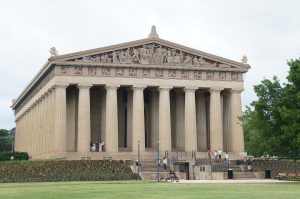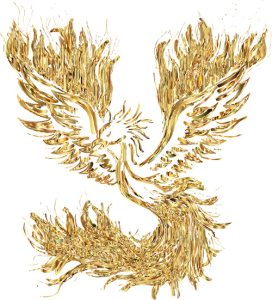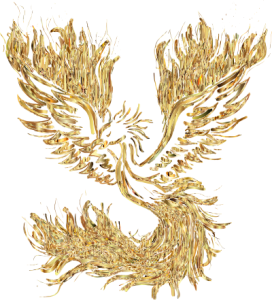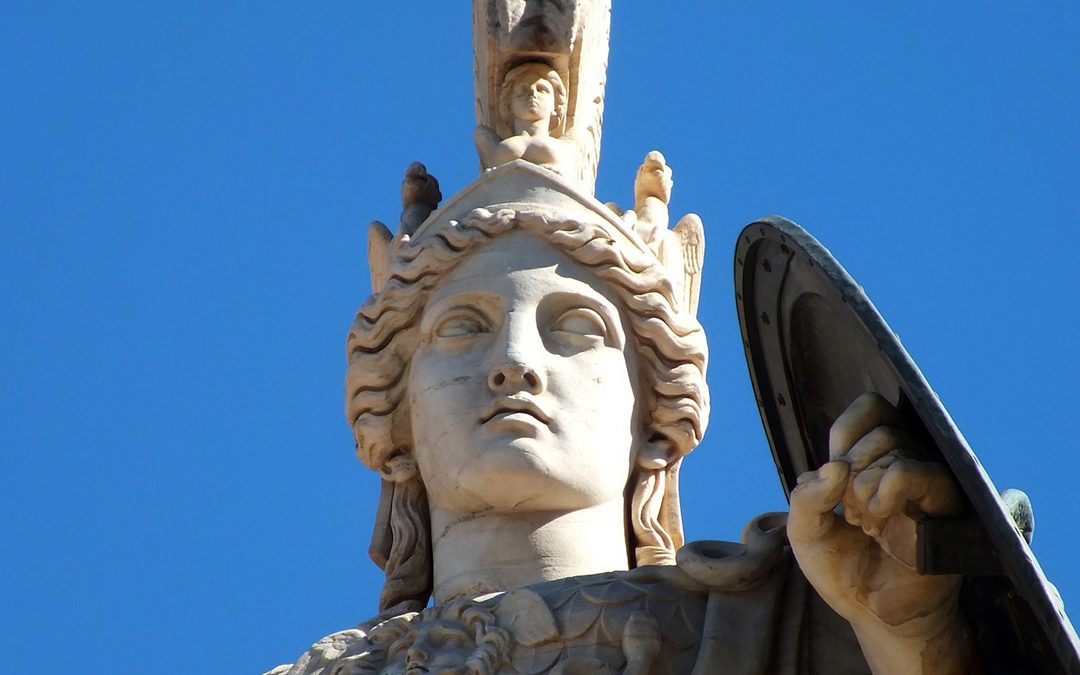How did you first become acquainted with the Olympian gods? Was it from someone reading you tales from The Iliad or The Odyssey? Or was it something that you discovered in your early schooling? You likely heard the counterintuitive argument that these fascinating gods and goddesses were the way that the scientifically primitive Ancient Greeks attempted to explain a world and cosmos that they were ill equipped to comprehend much less explain. Yet despite this counterintuitive argument the presence and mystery of the Olympian deities remains in our collective Western consciousness. Witness the replica of the Parthenon which the City of Nashville, TN restored and enhanced in 2001 at a cost of $12Million US.

There are some intriguing theories as to the why and wherefore of the Olympians and the cause for their prominence in our culture and consciousness:
First is the concept of the Olympians as Archetypes. Jungian analyst Jean Shinoda Bolen’s groundbreaking best-selling books Goddesses in Every Woman (1984) and Gods in Every Man (1989) examined how the archetypes represented by the Olympian pantheon lives in each of us with one particular deity having prominence. Shinoda-Bolen’s theses resonated with members of the burgeoning New Age movement who sought a new kind of enlightenment and self-discovery. Prior to Shinoda-Bolen psychologist and Jungian analyst James Hillman (who received a degree in Classics from Trinity College in Dublin before pursuing his psychological studies at the Jung Institute and the University of Zurich) believed that the entities of Greek mythology endured because they represented powerful archetypes that influenced both our personal and collective consciousness.
Secondly is the idea that the human race was genetically engineered by the Olympians along with other culturally specific deities e.g. those of Ancient Egypt, Mesopotamia, Mexico, Europe, Asia and Africa (among others.) Erich von Daniken introduced this theory in his controversial book Chariots of the Gods (1968.) von Daniken’s arguments are based on observation, extensive study, archeological findings and a reading of mythologies as potentially being narrative accounts of actual events. His views and similar research are also found in the writings of Zechariah Sitchin, Graham Hancock and Mario Biglino. Biglino’s The Naked Bible (2021) focuses on the Old Testament and is based on expert translations from Ancient Hebrew that reinforce the arguments of the other authors named here. And one can also draw from the observations, analyses and conclusions reported by renowned and widely respected French astrophysicist and UAP expert Jacques Vallee whose scrupulously scientific approach provides credibility to these admittedly far out theories.
Thirdly is the repeated presence of the Olympians in Western art and culture. From painting, poetry and opera to the Percy Jackson novels of Rick Riordan and other works of fiction experienced in film (e.g. Disney’s 1940 animated masterpiece Fantasia) and graphic novels, the Olympians are ever present in our contemporary world. Despite the centuries separating us from the Ancient Greeks, their gods remain ever at the periphery of our waking consciousness.
And so we have absorbed them into our personal and collective psyche(s). They watch us from buildings, appear before us as statues and are regularly referred to in the media and our daily communications. Hillman referred to the Olympians and other ancient deities as “the invisibles” that have never left us. As a culture of the post-Reformation post-Enlightenment Western world our belief in the power of these Olympians as life-directing gods has indeed diminished through the centuries. And yet they are always there albeit veiled and silent. But we remember them and continue to perpetuate their continued psychic presence. And so they live on.
___________________________
 To keep up to date with Emerging Psychologies sign up for our free Newsletter at https://institute-ep.com
To keep up to date with Emerging Psychologies sign up for our free Newsletter at https://institute-ep.com
Be sure to follow us on Face Book and Linked In as well.

